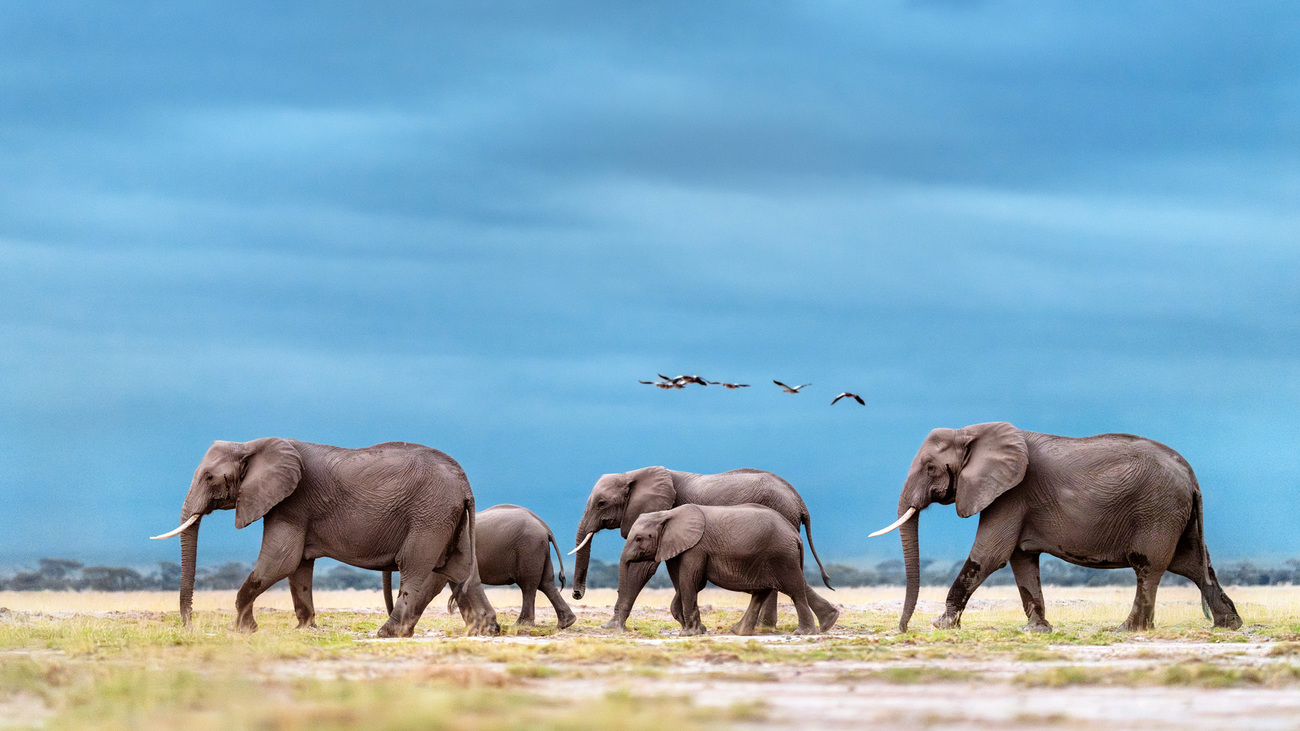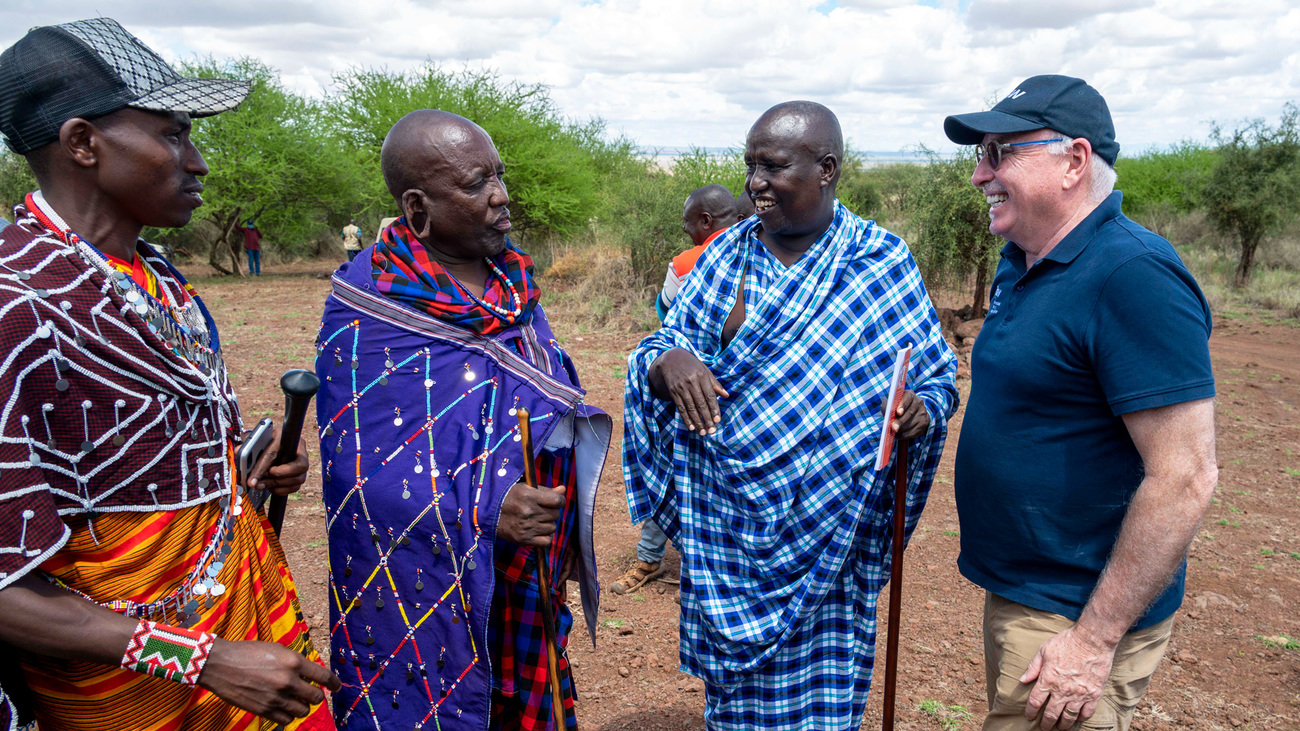Azzedine Downes
I have never been satisfied with just fighting the good fight. We need to actually make a difference.
Community-driven conservation: Forging a new path for people and wildlife

On September 4th, government ministers, policy leaders, and conservationists will convene in Nairobi, Kenya, for the inaugural Africa Climate Summit 2023, the first summit of its kind held on the African continent and an opportunity to show that African nations, people, and landscapes have many of the solutions the world needs to address the climate crisis. With its precious biodiversity, expansive natural capital, and massive wild animal populations, Africa serves as a vital natural safety net for the planet. IFAW will be present, advocating for biodiversity and its protection as a vital resource in mitigating the impact of climate change and for the immeasurable value of Africa’s biodiversity as a global public good.
A critical component of this positioning will make headway after the Summit itself, through the convening of a roundtable with traditional leaders, where representatives from various local communities will discuss the strengthening of transboundary ecosystem connectivity. The ultimate goal is to create one connected landscape where nature has enough room to roam, where it is welcomed and not diverted, where landscapes are shared unbound, and where the local community, those who have lived alongside wildlife—in some cases for millennia—are entrusted with the stewardship of their rich biodiverse heritage. In essence, IFAW is advocating for community-driven conservation on a global scale.
Those who live alongside wildlife are most often the ones that understand it best. Ancestral leaders and Indigenous communities have inextricable linkages to their land and wildlife. As we forge a new path for conservation—one inclusive to all—we must ask ourselves to not only recognise but actively support Indigenous communities and ancestral leaders as the true custodians of nature and agents of change. This will involve a fundamental change in mindset to a new normal where everyone has a seat at the table.
This form of community engagement is fundamental to our approach and has been for over half a century. Working directly with local leaders improves our chances of co-creating solutions with long-lasting impacts for conservation. As an organisation that champions a collaborative approach, it is essential that these local voices get amplified in the decision-making process.

The roundtable gathering of community leaders will serve as a focal point for listening as much as it will for discussion. Leaders will share their opinions, perspectives, and most importantly their local knowledge. One topic of discussion will be the revolutionary IFAW programme named Room to Roam, a conservation approach where elephants lead the way. In essence, Room to Roam ensures connectivity of transnational corridors for elephants and wildlife that not only strengthens biodiversity at the local level but also fosters climate-resilient ecosystems. Such nature-based solutions produce multiple benefits, ranging from improved carbon sequestration to the creation of more climate-resilient livelihoods.
When visiting the Mara Musiara ranger camp in Maasai Mara National Reserve last year, it was clear that changes were needed—not to personnel, whose dedication was clear and ever-present, but to the facilities of the camp itself. IFAW ensured they would update the facilities that would house and care for them as they in turn cared for and protected the animals. This promise has been kept and will be celebrated in September with the official opening of the newly-renovated Mara Musiara camp.
May the events taking place in September as part of the Africa Climate Summit and the ensuing traditional leaders roundtable prove transformative. May they forge new bonds, catalyse long-term climate action across the African continent, and give rise to a future of environmental stewardship. And may the perspectives shared build the foundation of a long-term nature-based solution that is ultimately rooted in the fundamental principle of biodiversity protection, fueled by the experiences and wisdom of those that live most closely among wildlife and those who give so much to protect it.
Azzedine Downes
I have never been satisfied with just fighting the good fight. We need to actually make a difference.
Our work can’t get done without you. Please give what you can to help animals thrive.
Unfortunately, the browser you use is outdated and does not allow you to display the site correctly. Please install any of the modern browsers, for example:
Google Chrome Firefox Safari